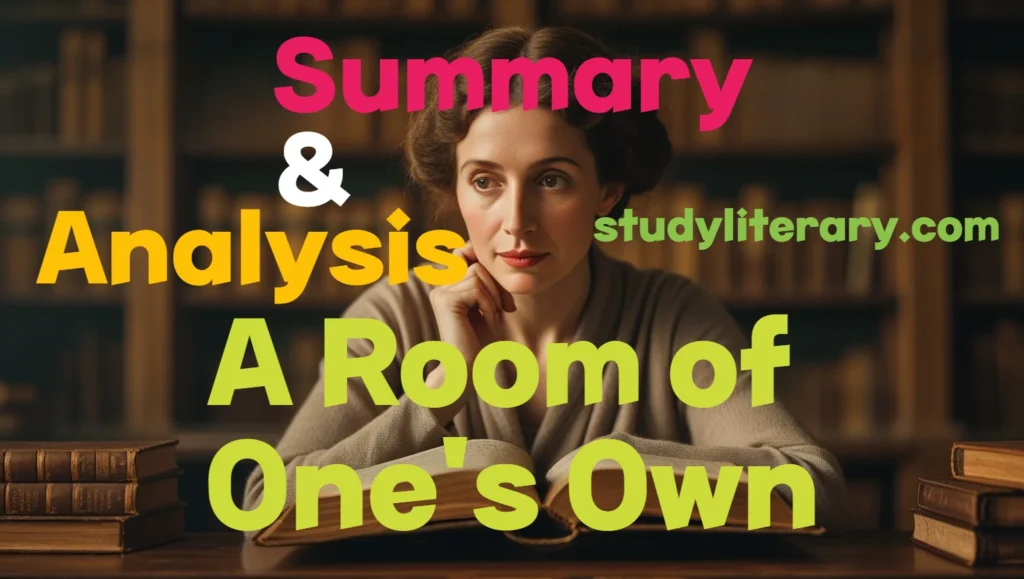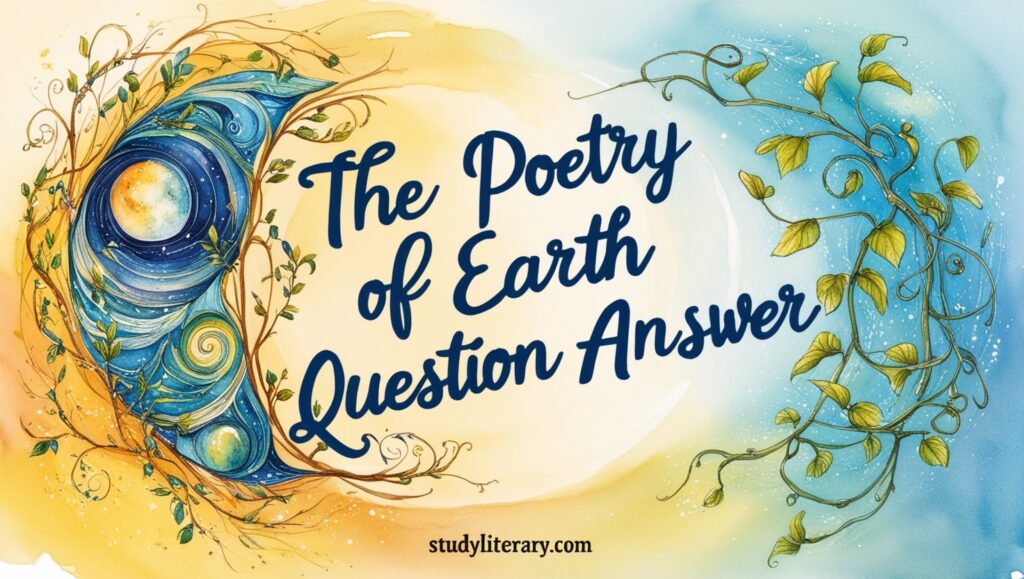
Easy Summary of the Passage from “Shakespeare’s Sister” by Virginia Woolf
Virginia Woolf says that writing a great book is very hard. Even famous writers like Keats and Flaubert had a tough time. They had no money, bad health, many distractions, and no support. The world did not care about their writing. It did not pay them or help them. Still, they tried. Many of them died unhappy. So, if anything good was written, it was a big miracle.
For women, it was even harder. A woman did not have her own room to write in unless she was very rich. Her money came from her father or husband. She could not take trips or rent a room like men did. She had no time or space for thinking. Society was not just cold toward her—it was against her. People laughed when a woman said she wanted to write.
Woolf talks to young women. She says they have never been in history as heroes. They have not led armies or made big discoveries. They did not write Shakespeare’s plays. But women did do important work—like raising children, cooking, and teaching. This work helped the world, but no one gave them credit.
She agrees that what women say is true. They were busy with family. But she reminds them that now they have many rights. Since 1866, women in England had colleges. After 1880, married women could own property. In 1919, women got the right to vote. Most jobs are now open to women too. So now, women cannot say they have no chance.
Today, many women have more time and education. Woolf says they should now start a new chapter. They must use this time and knowledge to do great things. She says she has an idea, and she wants to tell it as a story.
She reminds us about Shakespeare’s imaginary sister, Judith. Judith had talent like her brother. But she could not go to school. She was not allowed to act or write. She was laughed at, got pregnant by an actor, and in the end, she killed herself. She was never allowed to become a writer.
But Woolf says Judith is not fully dead. Her spirit still lives in many women today—women who are cooking, cleaning, and looking after children. These women may still carry that same talent. They just need the chance to use it.
If women today get their own money and space, if they are brave and write the truth, Judith can come back. She will live again. She will write the poems and stories she could not write before. But she needs women to help her by working hard.
Woolf says no woman in Shakespeare’s time could have become a great writer. The world would not let her. Women had no freedom, no support, and too many rules. Even if a woman had talent, she would go mad or be ignored.
She says many women may have written poems or songs but did not write their names. The name “Anon” (meaning anonymous) was often a woman. Women would sing and write in secret. They were never known to the world.
Woolf believes that in the 16th century, if a girl had great talent, she would suffer so much that she would go mad or die young. The world was too hard on her. Even now, women feel they should stay quiet. That is why some women writers used male names like George Eliot and Currer Bell.
Women are still taught not to be famous or proud. They hide their names and talent. Men want to leave their names on things, like carving it on a tree or wall. But women do not feel this way. They are taught to hide, not show.
That woman from the past, with the gift to write poems, was very unhappy. Everything in her life stopped her from creating. Woolf asks: what kind of peaceful and free mind do we need to write? She does not know how Shakespeare felt when he wrote, but she knows that men like Carlyle and Keats wrote about their pain. We learn from their letters. In the end, Woolf repeats: to write something great is hard. But for women, it was nearly impossible. Still, if we try, Judith—Shakespeare’s sister—can live again through us.

